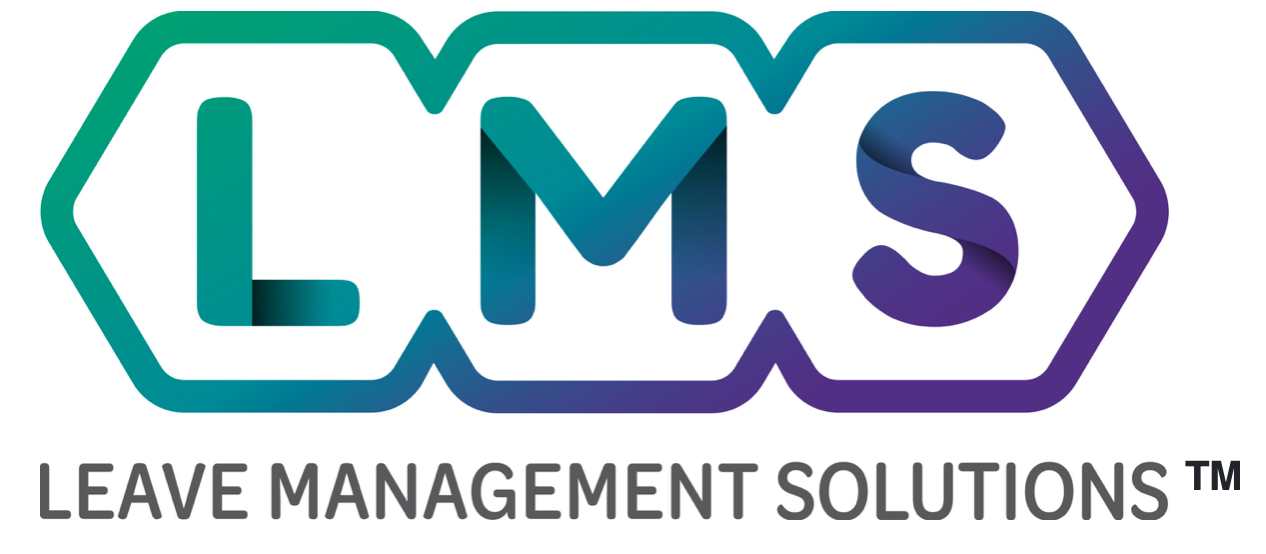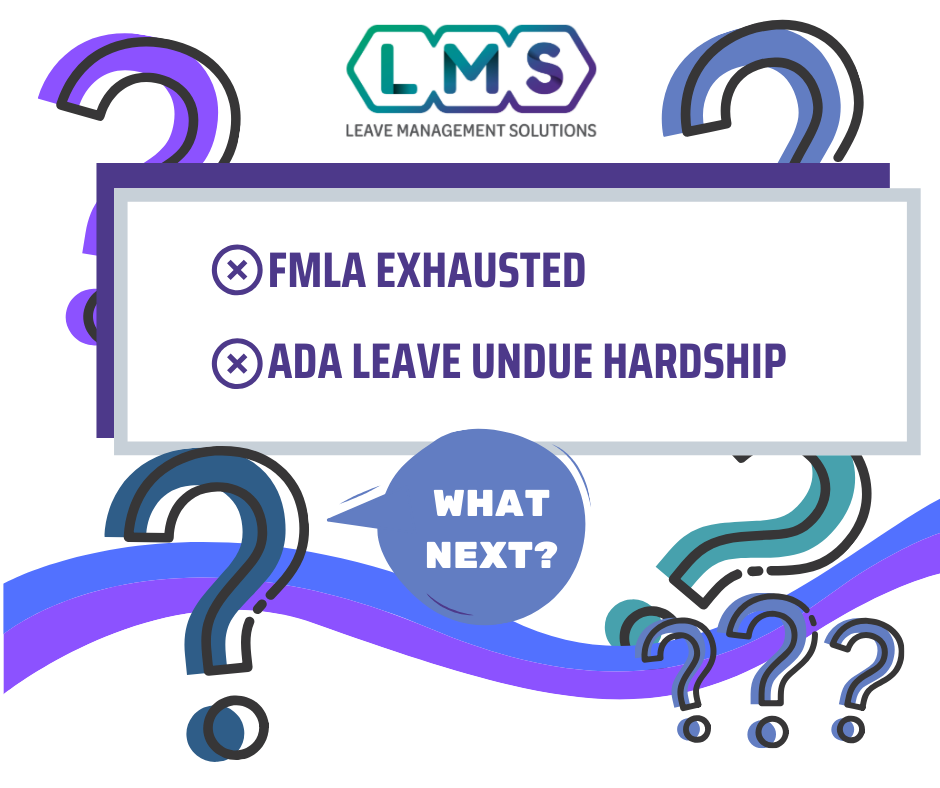Question: Susan was provided 12 weeks of FMLA leave. In addition, she was provided an accommodation which was unsuccessful in helping her perform the essential functions of the job. As a result, Susan was provided additional leaves under the American Disabilities Act. Susan is expecting to be able to use her FMLA leave again once it becomes available. Susan’s doctor has now released her to return to work with very restrictive accommodations. The accommodations do not allow her to perform all the essential functions of the job. Can we separate Susan?
Answer: This is a tricky scenario, so I want to be as detailed as possible. Firstly, ADA and FMLA are leave and accommodation benefits. The benefits discussed here are a) Susan has exhausted FMLA, b) Susan is ineligible for an ADA accommodation because of an identified undue hardship to provide an accommodation, and b) Susan is not a Qualified Individual with a Disability (QID) because the accommodation has not allowed her to perform all the essential functions of her job. In short, we need to make it clear to Susan that her possible separation is a result of her inability to perform the essential functions of the job at a meets expectation level with or without an accommodation. And the way we can do this is to separate the issues first, then clearly document and discuss these differences with her in a way that would allow her to provide additional feedback, get the message across, and protect the company from any possible lawsuits.
Once we have objectively clarified and documented whether Susan’s accommodations may be considered an undue hardship, we will want to confirm we have clear detailed records of the Good Faith Interactive Meeting (GFM) process. The records should leave no room for ambiguity and include discussing, in detail, the results of the Undue Hardship Analysis (UHA). This GFM and UHA document should highlight and confirm that a) the leave nor the onsite accommodations are reasonable; b) all your attempts of providing said accommodations were unsuccessful, and c) the accommodations have assisted Susan in performing all the essential functions of her job at a meets expectations level.
After this, identify and review all other possible positions that Susan meets the minimum qualifications for, that could accommodate her disability and assist her in performing the job functions at a meets expectation level. OR, a position Susan’s qualified for that could allow for additional leave without an undue hardship. Again, your documentation should leave no room for ambiguity. Let Susan understand she must meet the job performance expectation requirements and the lengths the company has gone to accommodate her have not resulted in her ability to do that. You also protect the company through this.
If the result of the final meeting is that your organization is unable to identify any additional accommodations of any kind that are considered reasonable (as a result of UHA), and neither you nor Susan could identify any additional, reasonable accommodation requests, and no alternative positions could be identified, then ADA is denied. Once both FMLA and ADA have been denied (or exhausted) you implement your company attendance, performance or leave policy and procedures and move forward with separation the same way you would any other employee who is on an unauthorized leave of absence or is unable to perform the essential functions of the job with or without accommodation.
Again, you will want very clear records of those accommodation attempts, the Good Faith Meetings, and the Undue Hardship Analysis.
________________________________________________________________________________________________________________________________
The Two-Day Live Stream Workshop On the Ultimate Guide to California Integrated Medical Leave and Accommodation Management is coming up on May 14th-15th. Get tailored solutions to your precise medical leave and accommodation management challenges in this interactive 2-day live training with Beth De Lima, an HR expert, HR Trainer, and HR Consultant who has been “in-the-trenches” managing real-life HR scenarios and providing HR expert testimony for almost 30 years, since FMLA and ADA were enacted.
It will be available via live streaming so you don’t need to leave the comfort of our home. Only a few seats are left for the special early bird price. Don’t allow one small mistake to lead to costly litigation—protect yourself and your organization and register for the upcoming training today!

